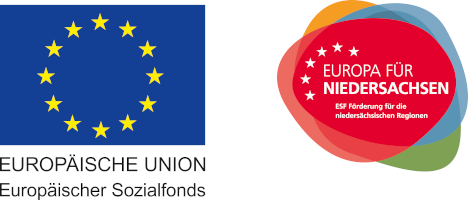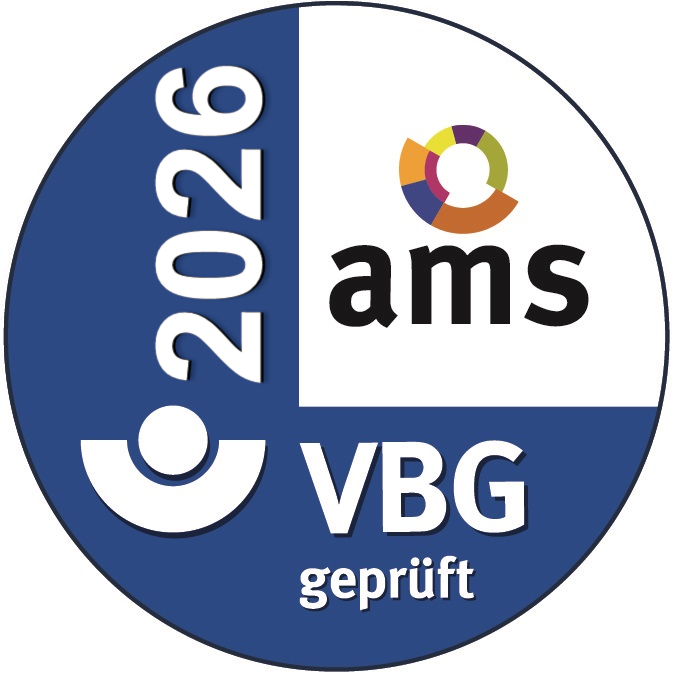Polyvinyl chloride (PVC)
Polyvinyl chloride (PVC)
What is Polyvinyl chloride ?
Polyvinyl chloride, abbreviated to PVC, is a widely used plastic that is synthesized from the monomers vinyl chloride and chlorine gas. PVC belongs to the group of thermoplastics, which means that it becomes soft and malleable when heated and then solidifies in the desired shape. This plastic has been produced industrially since the early 1900s and has become one of the most widely used plastics in the world due to its versatile properties and economical production.
PVC exists in two main forms: rigid PVC (uPVC) and flexible PVC (pPVC). Rigid PVC is rigid and is often used for construction applications such as window frames and pipes, while flexible PVC is made flexible and pliable by the addition of plasticizers, making it ideal for applications such as cable sheathing, hoses and flooring. Its chemical resistance, durability and adaptability make PVC an extremely popular material in many industries.
What are the advantages of polyvinyl chloride ?
Polyvinyl chloride offers a number of advantages that explain its widespread use. One of the outstanding advantages is its resistance to chemicals and environmental influences. PVC is resistant to acids, alkalis and salts, which makes it an ideal material for applications in corrosive environments. PVC is also largely insensitive to moisture and UV radiation, making it durable even outdoors and in humid environments.
Another advantage of PVC is its economical production. The raw materials for PVC are inexpensive and plentiful, resulting in low production costs. In addition, PVC is easy to process as it can be molded at relatively low temperatures and can be processed in various methods such as injection molding, extrusion and blow molding.
PVC is a versatile material that can be produced in numerous colors and shapes. It can be easily printed, painted and coated, making it attractive for decorative applications. The ability to recycle PVC also contributes to its sustainability, although recycling rates could still be improved.
PVC temperature resistance
The temperature resistance of PVC is an important factor when selecting this material for various applications. PVC can withstand temperatures up to around 60 to 70 degrees Celsius without losing its structural properties. At higher temperatures, PVC begins to soften and can eventually melt, which limits its use in high temperature applications.
Rigid PVC generally has a slightly higher temperature resistance than soft PVC, as plasticizers reduce the heat resistance. However, by adding stabilizers and modifiers, the temperature resistance of PVC can be improved, making it suitable for applications at higher temperatures. For example, chlorinated polyvinyl chloride (CPVC) can withstand temperatures of up to 90 degrees Celsius and is therefore used in applications such as hot water pipes.
Where is PVC - Polyvinyl chloride used?
PVC is used in a wide range of industries and applications. In the construction industry, PVC is often used for window frames, doors, guttering and cladding, as it is robust, weather-resistant and easy to clean. The construction industry also values PVC for flooring, wall cladding and insulation materials.
In medicine, PVC is used for blood bags, infusion tubes and other medical devices as it is flexible, transparent and sterilizable. The packaging industry uses PVC for films, bottles and blister packs as it provides a good barrier against moisture and gases.
PVC is also used in the automotive industry, particularly for cable sheathing, seals and interior fittings. Its resistance to chemicals and wear makes it ideal for these demanding applications.
Polyvinyl chloride in pipeline construction
One of the most important applications of polyvinyl chloride is in pipeline construction. PVC pipes are widely used due to their durability, corrosion resistance and ease of installation. They are used in both drinking water supply and wastewater disposal. PVC pipes are light and easy to handle, which makes installation considerably easier and faster than with conventional metal pipes.
In the drinking water sector, PVC pipes offer the advantage that they do not cause any changes in taste or odor in the water and have a smooth inner surface that reduces deposits and biofilm formation. PVC pipes are ideal for wastewater disposal as they are resistant to aggressive chemicals and corrosive wastewater.
PVC pipes are also used in industrial pipeline construction due to their chemical resistance and mechanical strength. They are available in various pressure ratings and can also be modified for special applications depending on requirements, for example by using CPVC for higher temperature resistance.
To summarize, polyvinyl chloride is an indispensable material in many industries due to its versatile properties and advantages. From the construction industry to medicine and pipeline construction, PVC offers solutions that are impressive in terms of durability, cost-effectiveness and adaptability.
![[Translate to English 22:] Polyvinylchlorid (PVC) [Translate to English 22:] Polyvinylchlorid (PVC)](/fileadmin/_processed_/0/1/csm_Polyvinylchlorid__PVC____fc3757dbef.png)



